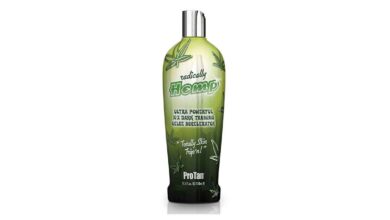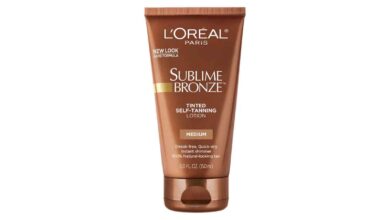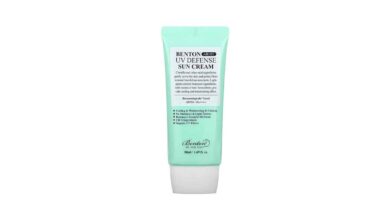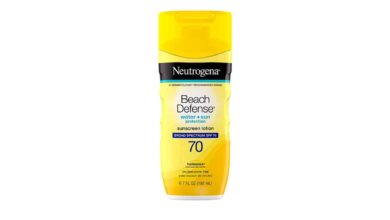10 Best Safest Sunscreens of 2023

the demand for safe sunscreens has prompted the development of products that prioritize both effectiveness and safety. By opting for mineral-based sunscreens and carefully examining the ingredients, you can make informed choices to protect your skin from the sun’s harmful rays while minimizing potential risks. Remember, maintaining a sun-safe routine is essential for healthy and radiant skin in the long run.
Sunscreens play a crucial role in protecting our skin from the harmful effects of the sun’s ultraviolet (UV) rays. However, not all sunscreens are created equal when it comes to safety and effectiveness. In recent years, there has been growing concern about the ingredients used in sunscreens and their potential health risks. As a result, the demand for safer sunscreen options has increased.
Safest sunscreens are those that offer effective sun protection while minimizing the potential risks associated with certain chemical ingredients. They typically contain ingredients that are considered safer for both human health and the environment. These sunscreens are designed to provide broad-spectrum protection against both UVA and UVB rays, which are known to cause skin damage, premature aging, and increase the risk of skin cancer.
When choosing a safe sunscreen, it’s important to look for certain characteristics and ingredients. Mineral sunscreens, often referred to as physical sunscreens, are considered safer options because they use minerals such as zinc oxide and titanium dioxide to create a protective barrier on the skin. These minerals work by reflecting and scattering the UV rays away from the skin, reducing their penetration and potential harm.
In contrast, chemical sunscreens contain ingredients like oxybenzone, avobenzone, and octinoxate, which work by absorbing UV rays and converting them into less harmful energy. However, some of these chemicals have raised concerns due to their potential hormone-disrupting effects and environmental impact.
To ensure the safety of sunscreens, it is important to choose products that are free from potentially harmful ingredients and have undergone rigorous testing. Look for sunscreens that are labeled “broad-spectrum,” indicating protection against both UVA and UVB rays. Additionally, consider sunscreens that are water-resistant, as they offer better protection during activities like swimming or sweating.
It’s also worth noting that sun protection is not limited to sunscreen alone. Wearing protective clothing, seeking shade, and wearing a wide-brimmed hat are additional measures that can be taken to minimize sun exposure and protect the skin.














